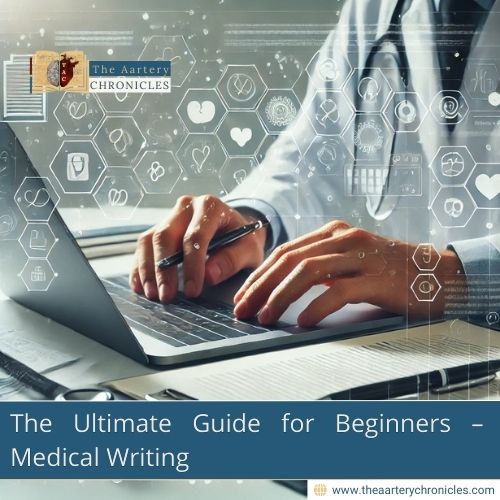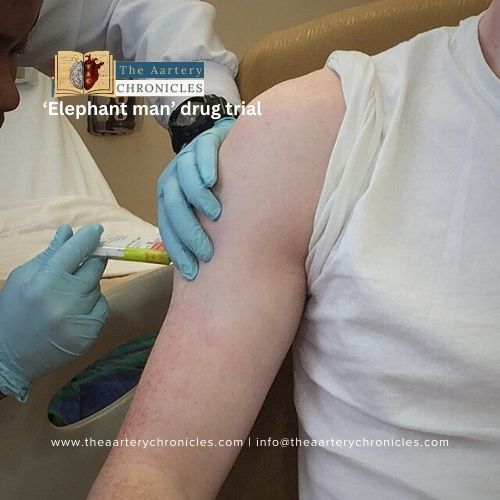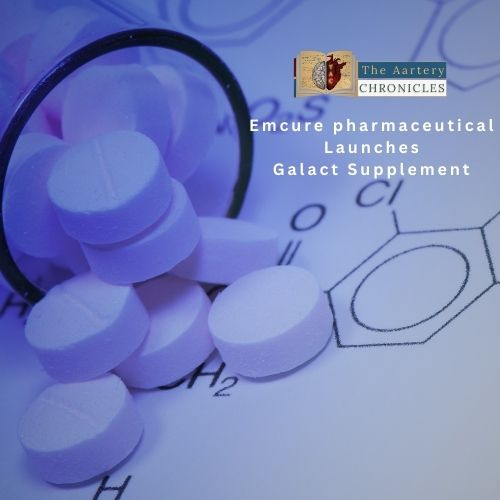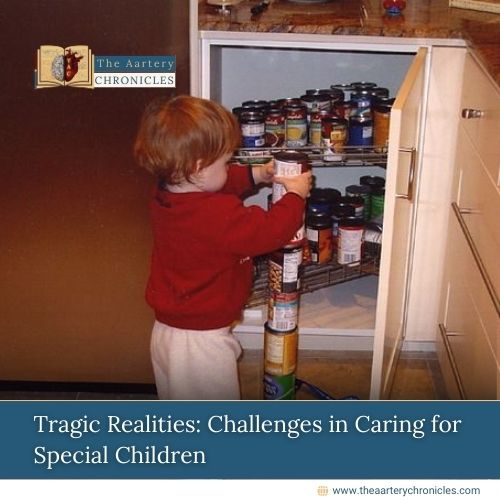

The Ultimate Guide for Beginners – Medical Writing
Summary:
- Medical writing involves regulatory, scientific, and educational content creation.
- Essential skills include research, clarity, regulatory knowledge, and SEO writing.
- Beginners can start by taking medical writing courses, building a portfolio, and freelancing.
- Career opportunities include pharma, research, healthcare communication, and freelancing.
The Aartery Chronicles offers a structured Medical Writing & Journalism Course to equip aspiring writers with industry-relevant skills.
The Ultimate Guide to Medical Writing for Beginners | Start Your Career Today
Medical writing is a rapidly growing field that bridges the gap between complex medical information and its communication to different audiences. Whether you’re a healthcare professional, a science graduate, or a writing enthusiast, breaking into medical writing requires the right skills, knowledge, and training. This beginner’s guide will help you understand the basics of medical writing and how to start a successful career in this field.
What is Medical Writing?
Medical writing involves creating, editing, and reviewing content related to healthcare, medicine, and scientific research. It is broadly divided into:
- Regulatory Writing – Writing clinical study reports, regulatory submissions, and pharmaceutical documents.
- Scientific Writing – Research articles, case studies, and systematic reviews.
- Medical Journalism – Writing for health magazines, news portals, and medical blogs.
- Educational & Marketing Content – Patient education materials, promotional content, and healthcare blogs.
Essential Skills for Medical Writers
To succeed in medical writing, you need:
- Scientific Understanding – Basic knowledge of medical and life sciences.
- Research & Fact-Checking Skills – Ability to interpret clinical studies and source credible references.
- Clarity & Readability – Writing complex medical data in a clear, structured, and engaging manner.
- Regulatory Knowledge – Understanding of ICH-GCP guidelines and compliance requirements for pharmaceutical writing.
- SEO & Digital Writing – Knowledge of search engine optimization to improve content reach.
How to Get Started in Medical Writing
- Take a Medical Writing Course – Enrolling in structured programs like The Aartery Chronicles’ Medical Writing & Journalism Course provides hands-on training in scientific communication.
- Build a Portfolio – Start writing for health blogs, medical news platforms, and research portals.
- Freelance & Internship Opportunities – Gain experience by contributing to healthcare websites, journals, and pharma companies.
- Stay Updated – Follow medical journals, attend healthcare webinars, and network with industry professionals.
Career Opportunities in Medical Writing
Medical writers are in demand in various industries, including:
- Pharmaceutical & Biotech Companies – Regulatory submissions, drug research documentation.
- Healthcare Marketing & Communications – Writing promotional materials, brochures, and medical blogs.
- Academic & Research Institutions – Research articles, literature reviews, and grant writing.
- Freelancing & Consultancy – Working independently with multiple healthcare clients.
Why Enrol in a Medical Writing Course?
A well-structured course, such as the one offered by The Aartery Chronicles, helps you:
- Gain expertise in scientific and digital medical writing.
- Learn industry-specific skills, including SEO, regulatory writing, and medical journalism.
- Get hands-on training with mentorship from medical professionals and industry experts.
Conclusion
Medical writing is an exciting career with vast opportunities in healthcare, pharmaceuticals, and media. Beginners can start by developing strong writing skills, taking professional courses, and gaining real-world experience through freelance projects or internships. The Medical Writing & Journalism Course by The Aartery Chronicles provides a comprehensive foundation to kickstart a successful career in this field.









